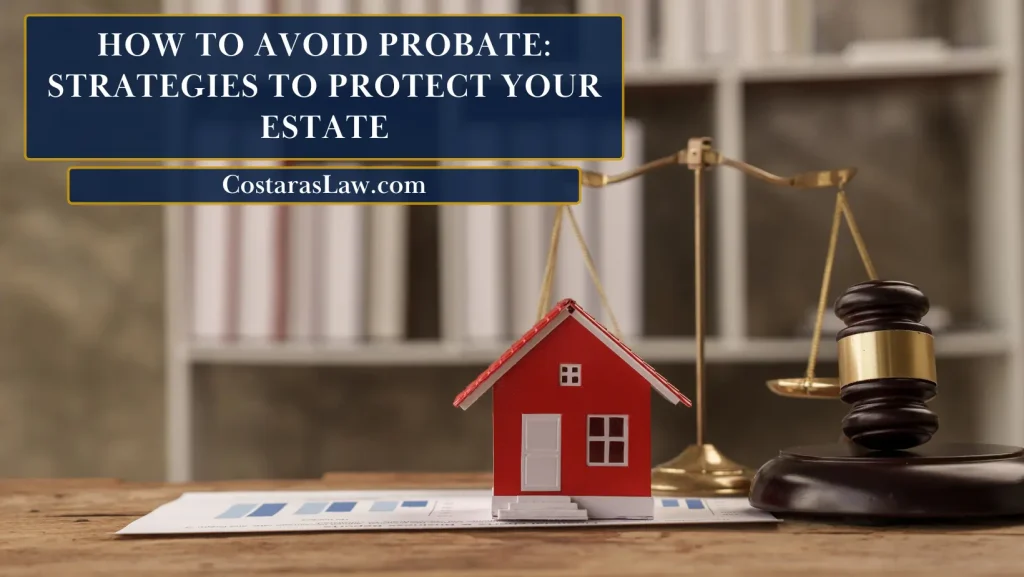How to Avoid Probate: Strategies to Protect Your Estate

How to Avoid Probate: Strategies to Protect Your Estate
Avoiding probate is a smart estate planning strategy that can save your heirs time, money, and stress. By implementing the right tools and tactics, you can ensure that your assets pass directly to your beneficiaries without the delays and costs associated with probate.
I. Why Avoiding Probate is Beneficial
Probate can be a lengthy and costly process, often taking months or even years to settle an estate. Avoiding probate allows for a smoother, faster transfer of assets.
The Drawbacks of Probate
- Time Delays: Probate can significantly delay the distribution of assets.
- Costs Involved: Legal fees and court costs can erode the estate’s value.
- Public Record: Probate proceedings are public, meaning anyone can access information about the estate.
II. Establishing a Revocable Living Trust
A revocable living trust is one of the most effective tools to avoid probate. It allows you to manage your assets during your lifetime and pass them on directly to your beneficiaries after death.
How It Works
You transfer ownership of your assets to the trust, with yourself as the trustee. Upon your death, a successor trustee manages the trust according to your instructions.
Benefits of a Revocable Trust
- Avoids Probate: Assets in the trust are not subject to probate.
- Control and Flexibility: You can modify or revoke the trust as your circumstances change.
- Privacy: Trusts are not a matter of public record, preserving your family’s privacy.
III. Joint Ownership with Right of Survivorship
Joint ownership is a simple way to ensure that property passes directly to a co-owner without going through probate.
Common Forms of Joint Ownership
- Joint Tenancy: Common for real estate and bank accounts.
- Tenancy by the Entirety: Available to married couples in some states, providing additional protections.
- Community Property with Right of Survivorship: Available in certain states, allowing a seamless transfer of property between spouses.
IV. Beneficiary Designations for Non-Probate Transfers
Designating beneficiaries on your accounts is another way to avoid probate. These designations ensure that assets transfer directly to the named individuals.
- Payable-on-Death (POD) Accounts: Common for bank accounts and certificates of deposit.
- Transfer-on-Death (TOD) Accounts: Used for brokerage accounts and some real estate.
- Retirement Accounts and Life Insurance Policies: Ensure beneficiaries are up-to-date to avoid probate and ensure direct transfer of assets.
V. Gifting Assets During Your Lifetime
By gifting assets during your lifetime, you can reduce the size of your estate and avoid probate.
- Annual Gift Tax Exclusion: You can gift up to a certain amount per year per person without triggering gift taxes (e.g., $15,000 in 2021).
- Impact on Medicaid and Long-Term Care Planning: Be aware of Medicaid’s look-back period when gifting assets, as this can affect eligibility for long-term care benefits.
Avoiding probate is a key part of smart estate planning. By using strategies like revocable living trusts, joint ownership, and beneficiary designations, you can protect your estate and ensure a smooth transition of assets to your loved ones.
Don’t wait until it’s too late. Schedule a consultation with Nicholas Costaras to start planning your estate today.
